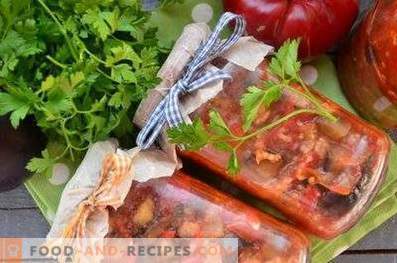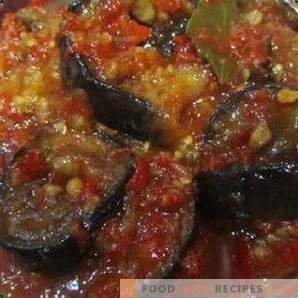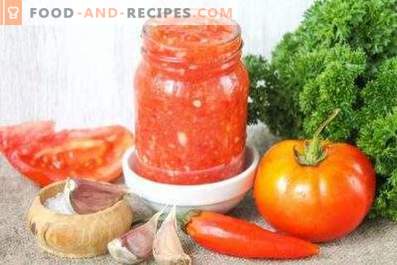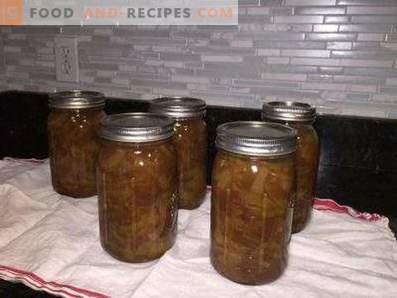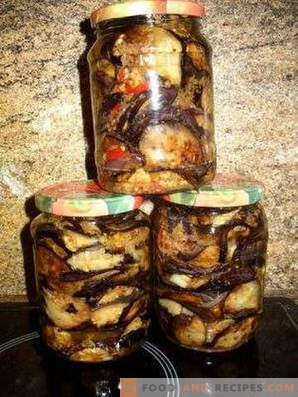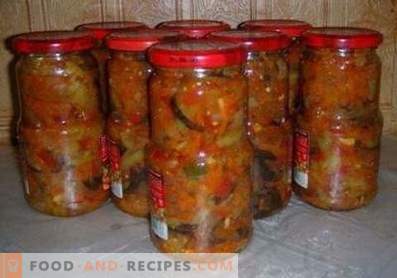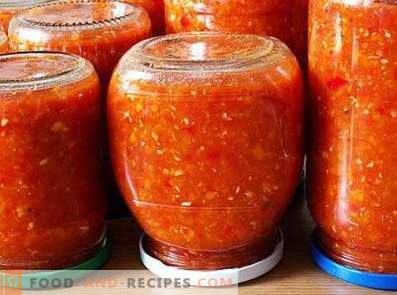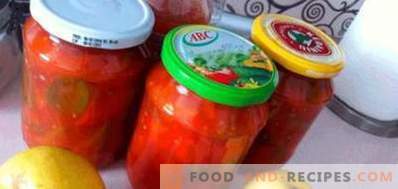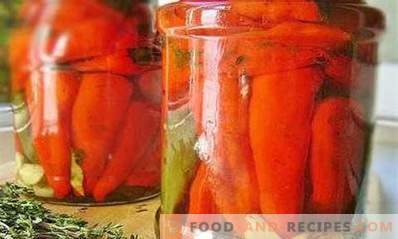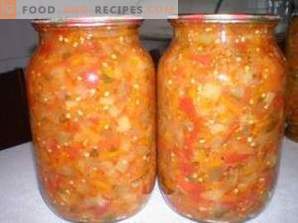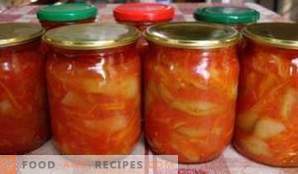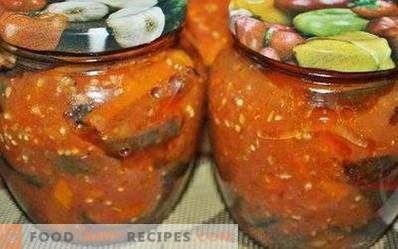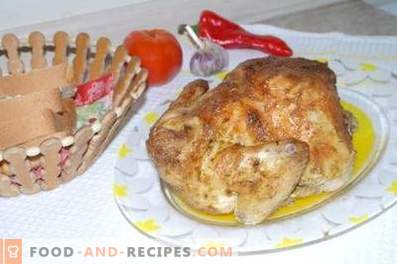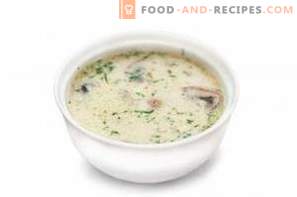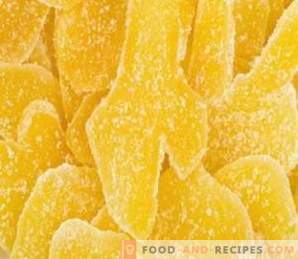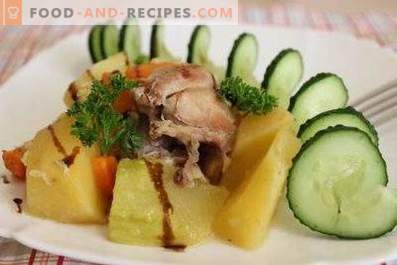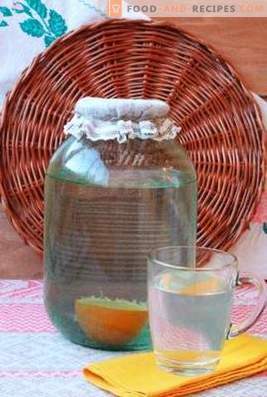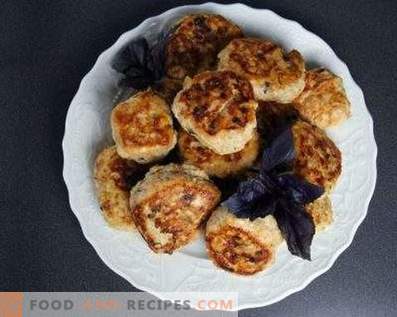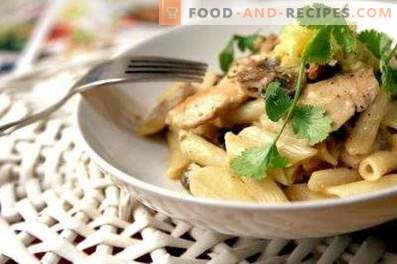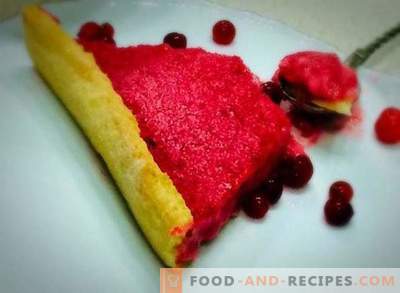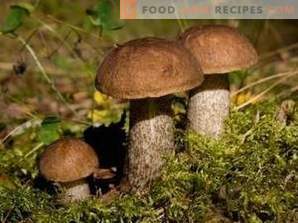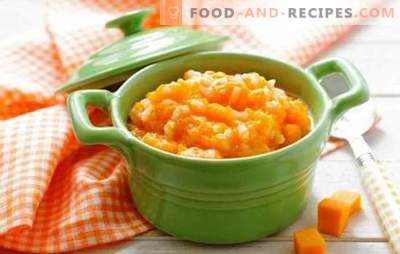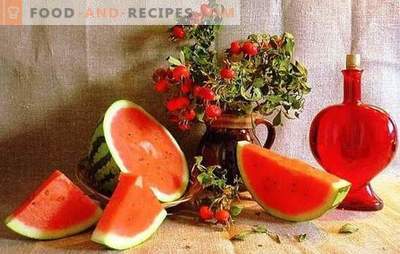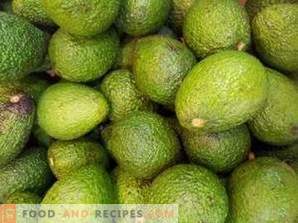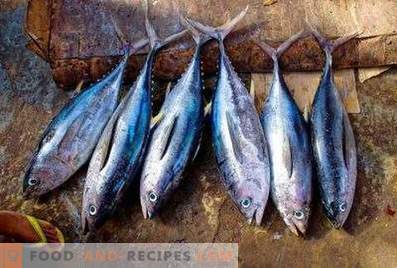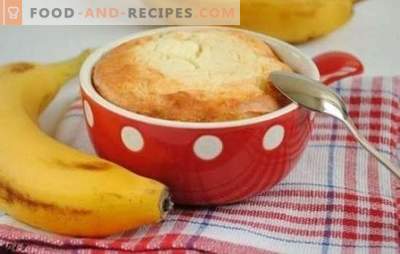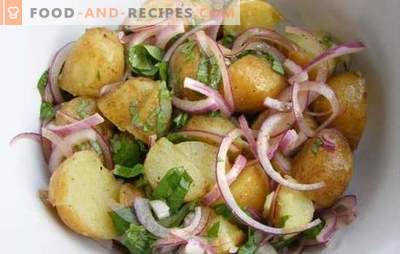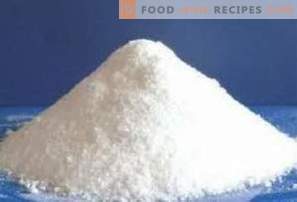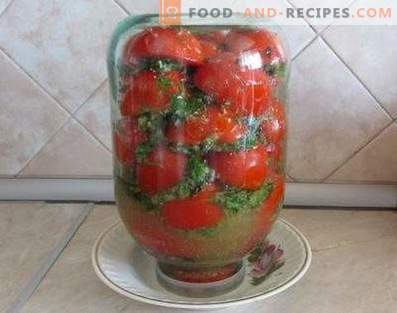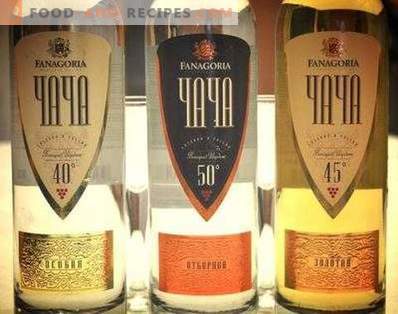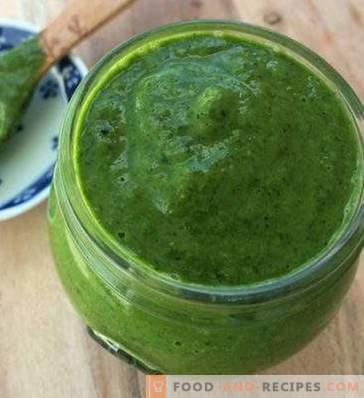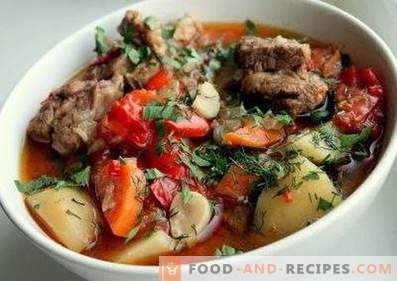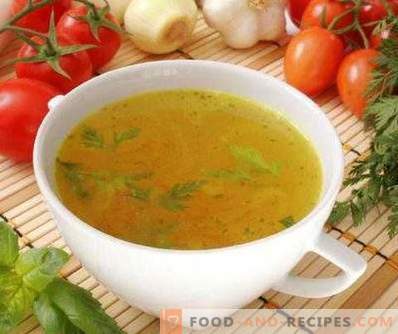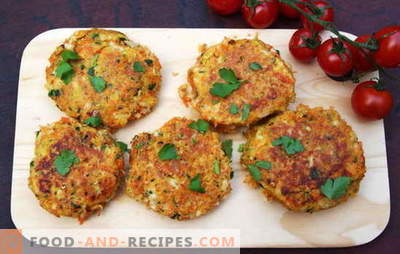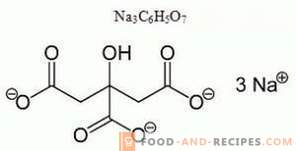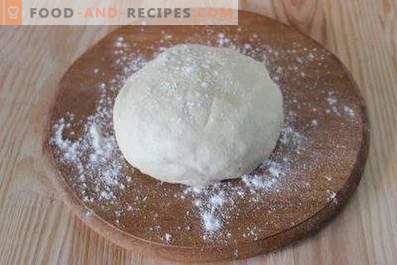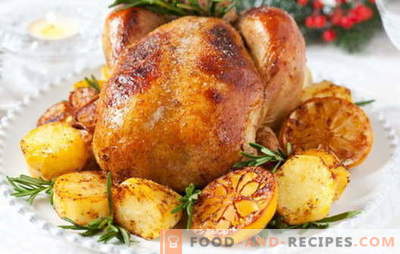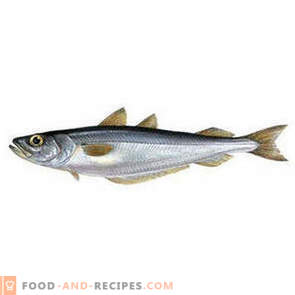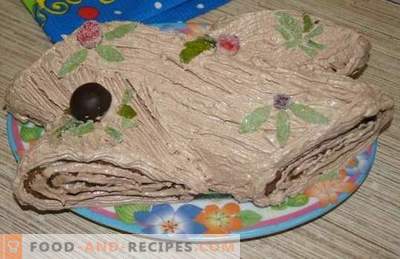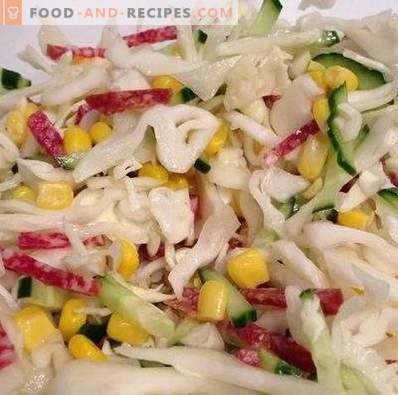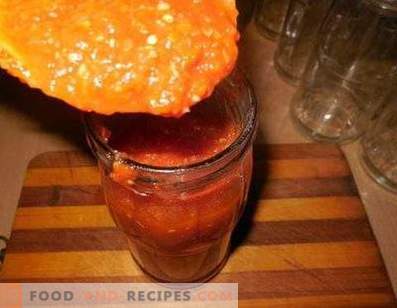
In Bulgaria, Luthenica is called a thick sauce of sweet peppers and tomatoes, which can be prepared with the addition of other vegetables, hot peppers, garlic, and greens. The name of the sauce comes from the Bulgarian word “fiercely”, because of which it may seem that the lyutenitsa must be “evil”, that is, sharp, burning. In fact, this paste may be different, including with a mild flavor. It can be served as a liquid seasoning for meat and vegetable dishes, spread on bread instead of pate. Harvesting lutenitsy in Bulgarian for the winter is not an easy task, as in the classic version it is made from baked vegetables. But even an inexperienced cook will be able to cope with it, if you have patience and follow the appropriate recommendations.
Cooking Features
Cooking lutenitsa in Bulgarian has a number of features. Knowing them, you can cook traditional Bulgarian pasta from tomatoes and peppers, spending a minimum of effort and getting the best possible result.
- Use ripe, but not over-ripe vegetables for the lutenite. If the main ingredients are supplemented with eggplants, it is better to give preference to young fruits.
- Pepper and eggplants for lutenitsa baked. To do this, the vegetables are cut in half, spread on a baking sheet, cuts up and sent to an oven heated to 180 degrees. Peppers are baked for 20 minutes, eggplants - 30 minutes. Seeds from pepper must be removed before this; eggplants must be soaked in saline to remove solanin, which gives them bitterness.
- After baking, the vegetables are peeled. To peel the skin was removed easier, after baking, they are placed in a container with a lid or bag. Eggplant pulp cleaned with a spoon.
- Tomatoes for cooking lutenits are also peeled from the skins. It is easiest to do this if you slice the peel of tomatoes crosswise, put the fruit in boiling water, and after 2-3 minutes put it in a container with cold water.
- Usually, cooked vegetables are ground to a state of mashed potatoes with a blender and boiled down, but the consistency of this pepper paste does not have to be so smooth. If the house does not have a blender or meat grinder, vegetables can be simply chopped. Then lutenitsa consistency will more resemble vegetable caviar than thick sauce, but it will turn out no less tasty.
- Despite the fact that the lutenica is already cooked during cooking, most housewives prefer to sterilize it for better storage. It is convenient to do this if the vegetable mass is decomposed into small banks of the same size and size.
- Banks for lyutenitsu no matter what recipe she prepares, wash with soda and sterilize, lids suitable for them are boiled. Close the cans with lutenitsey metal lids, ensuring tightness. Their type does not matter.
You can store lutenitsa at room temperature, but if the canned food is kept in a cool room, they will not deteriorate longer.
Classic Lyutenitsa Recipe
Composition (1 l):
- Bulgarian pepper - 1 kg;
- tomatoes - 0, 4 kg;
- garlic - 3 cloves;
- hot peppers - 1 pc .;
- salt - 5 g;
- sugar - 5 g;
- table vinegar (9 percent) - 20 ml;
- celery - 1 sprig;
- refined vegetable oil - 50 ml.
Preparation Method:
- Wash and dry vegetables with a kitchen towel.
- Cut the peppers in half, remove the seeds and stalks.
- Place the peppers on the baking tray with the cuts up.
- Place in an oven heated to 180 degrees. Bake until the peppers begin to darken.
- Put the vegetables in a tight bag, tie it, leave to cool in this form.
- Slice tomatoes, flush boiling water for 2-3 minutes, cool by shifting with a skimmer in ice water. Cut the fruit, spoon, remove the bags of seeds and cut seals near the stem. Turn the remaining pulp into a puree using a blender. Put in a saucepan, put on a slow fire and boil down half.
- Remove the pepper from the bag, peel it off, put it in the blender bowl and chop it.
- Put pepper pulp in tomato puree, mix. Wait until the mass boils, boil it for 5 minutes.
- Turn celery, garlic and hot peppers through a meat grinder or chop with a blender. Enter into the bulk, boil 2 minutes.
- Pour salt, sugar, pour in oil and vinegar, mix. Cook for another 2 minutes and remove from heat.
- Sterilize the jars and their lids.
- Spread the vegetable puree in cans, hermetically seal them.
- Turn over, cover with a blanket, leave to cool in steam bath conditions for better preservation.
Lyutenitsa prepared according to the classical recipe does not need additional sterilization, it is already well-worth at room temperature.
Luthenica with eggplants without vinegar
The composition (1, 5 l):
- Bulgarian pepper - 1 kg;
- eggplants - 0.5 kg;
- tomatoes - 0.5 kg;
- hot peppers - 1 pc .;
- garlic - 2 cloves;
- sugar - 30 g;
- salt - 5 g;
- vegetable oil - 60 ml;
- fresh or dried herbs - to taste.
Preparation Method:
- Cut the eggplants in half, sprinkle the places of the cuts with salt. After 10-15 minutes, rinse “blue”, dry them with a towel.
- Place the eggplants on a baking tray, cut up, bake until soft. Put in a bowl, cover with a plate on top, set the weight to remove excess moisture from vegetables.
- Peel sweet pepper, cut it in halves, bake for 15-20 minutes, cool in a tightly closed container, peel.
- From the eggplants, remove the pulp with a spoon, put it in a beater. Add peeled peppers to it. Using a blender, chop the vegetables to a state of mashed potatoes.
- Tomatoes boil, peel. Recycle blender or mince.
- Chop hot pepper, garlic, and greens in the same way.
- Cut the tomato puree in half, add blender chopped sweet pepper, puree of greens, hot pepper and garlic, salt, sugar and butter. Boil for 10-15 minutes, stirring occasionally.
- Spread the lutenite over the prepared jars, cover them with lids.
- Put a towel on the bottom of the pan, put the jars on it. Pour in the water so that its level reaches the shoulders of the cans.
- Put on a slow fire. Sterilize half-liter jars 10 minutes after boiling water in a saucepan, liter - 10 minutes.
- Carefully remove the jars from the pan, roll up. Leave to cool upside down under a blanket for better preservation.
If you want to do without sterilization, add 30-40 ml of vinegar (9%) to the snack at the end of cooking.
Lutenitsa with eggplants and carrots
Composition (2 liters):
- Bulgarian pepper - 1 kg;
- tomatoes - 1 kg;
- eggplants - 0.5 kg;
- carrots - 150 g;
- hot peppers - 2 pcs .;
- garlic - 50 g;
- sugar - 40 g;
- salt - 15 g;
- table vinegar (9 percent) - 40 ml;
- vegetable oil - 80 ml.
Preparation Method:
- Eggplants, cut in half, soak in brine (20 g of salt in 1 liter of water), rinse, pat dry, bake until soft.
- Bake peppers, cool and peel.
- Combine pepper pulp with eggplant pulp and chop with a blender.
- Peel carrots, chop grated with small holes, combine with pepper and eggplant.
- Grind spicy pepper and garlic separately.
- Tomatoes, peeled, wipe through a sieve or perebeyte blender.
- Cook the tomato puree by half, add the pepper-eggplant mass. Boil, stirring occasionally, for 10 minutes.
- Add salt, sugar, butter, hot pepper, garlic. Cook for 2-3 minutes.
- Pour in vinegar, mix well, remove from heat.
- Spread the vegetable puree over the cans, roll them up and leave to cool in a steam bath.
These canned foods can be stored at room temperature; sterilization is not required for this.
If you like baked peppers, you will surely like Bulgarian lutenitsa, as part of which it serves as the main ingredient. Eggplants and carrots will give a new taste to the snack. Canned food can be prepared without sterilization. The process will still not be easy, as it is required to bake and peel the vegetables, but the result will certainly not disappoint you. Lyutenitsu can be served instead of meat sauce or as a separate snack, used to make sandwiches.
